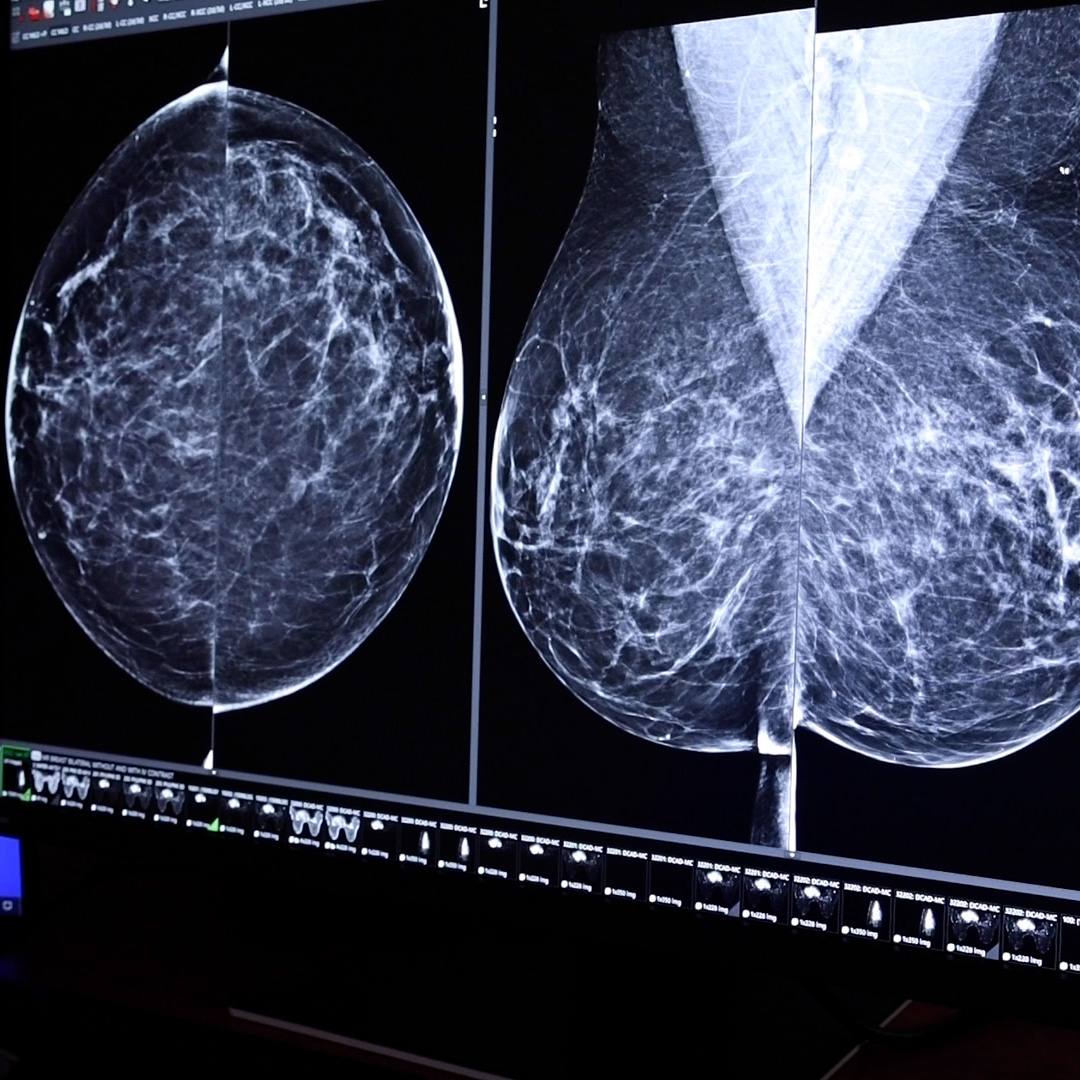-
Mayo Clinic Minute
Mayo Clinic Minute: SUDEP is a rare but deadly epilepsy complication
Seizures are produced by abnormal electrical activity in the brain that builds up and produces symptoms. About 1 in 26 people have epilepsy, which is a neurologic disorder that causes seizures.
And as Dr. Anthony Fine, a pediatric neurologist and epileptologist at Mayo Clinic, explains, there's also a rare complication of epilepsy that exists which can be deadly.
Journalists: Broadcast-quality video (1:10) is in the downloads at the end of this post. Please courtesy: "Mayo Clinic News Network." Read the script.
It's a rare but devasting complication of epilepsy called SUDEP.
"SUDEP is an acronym. It stands for sudden, unexplained, or unexpected, death in epilepsy," says Dr. Fine.
Most cases of SUDEP happen during or immediately after a seizure. Researchers aren't certain what causes SUDEP, but it's possible that breathing or heart rhythm is affected by the seizure. And while it is rare, SUDEP happens to both adults and children with epilepsy.
"Those who have very frequent seizures, and particularly nightly convulsive seizures, are at higher risk," says Dr. Fine.
He says, even though little is still known about SUDEP, there are recommendations to help prevent the death of a loved one.
"Things that we can do is be on the antiseizure medication at good dosages as well as some sort of monitoring. So whether it's kind of a seizure detection device or monitoring device, or even someone sleeping nearby or even in the same room, can reduce that risk," says Dr. Fine.
He says it's vitally important that SUDEP is something your healthcare team discusses with you early on if you or your child are diagnosed with epilepsy.
"The worst thing that you can do is to not talk about SUDEP and then have a child die from SUDEP. And the family is not aware that that could have happened," says Dr. Fine.
Additional resources:
- ‘Dogtor’ and doctor return joy to boy with severe epilepsy
- Mayo Clinic Minute: Common myths about epilepsy and kids
- Mayo Clinic Minute: A surgery option when epilepsy treatments don’t work







